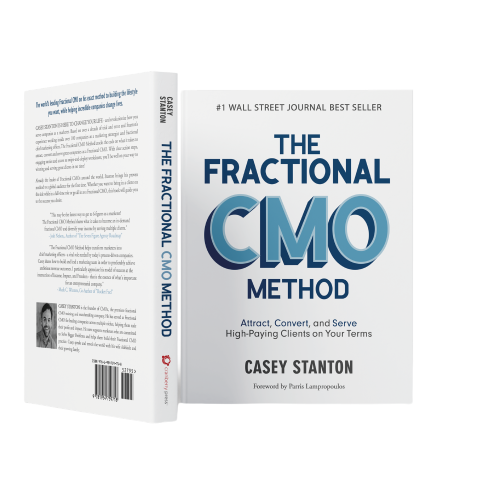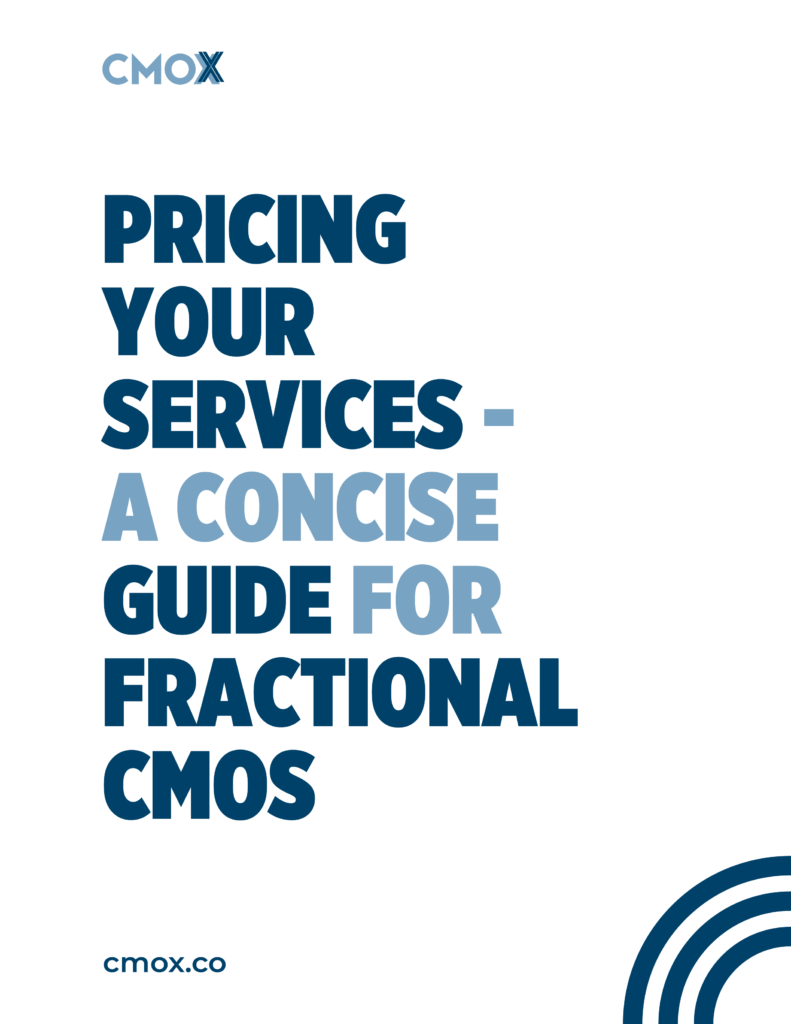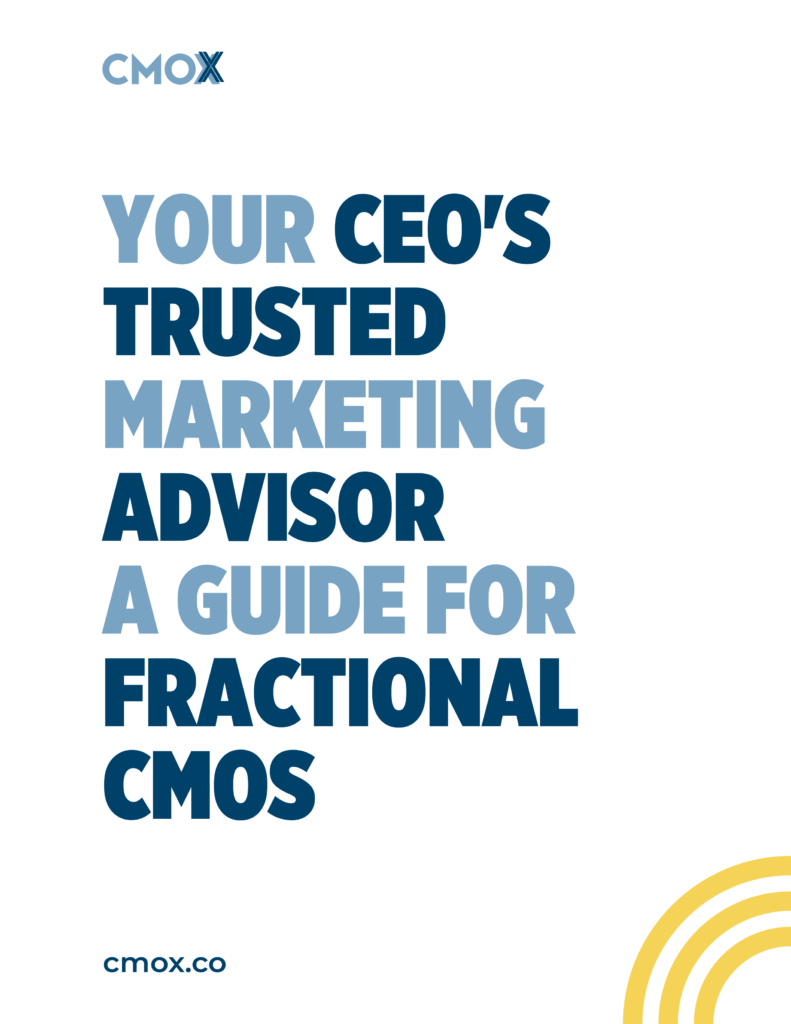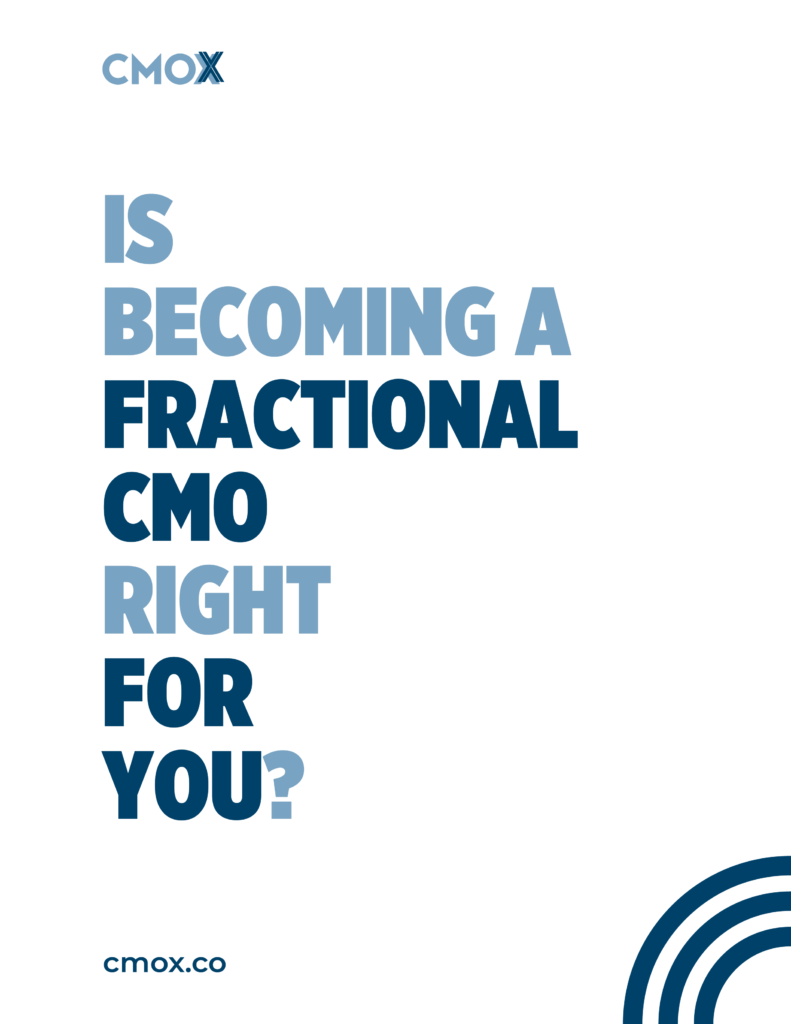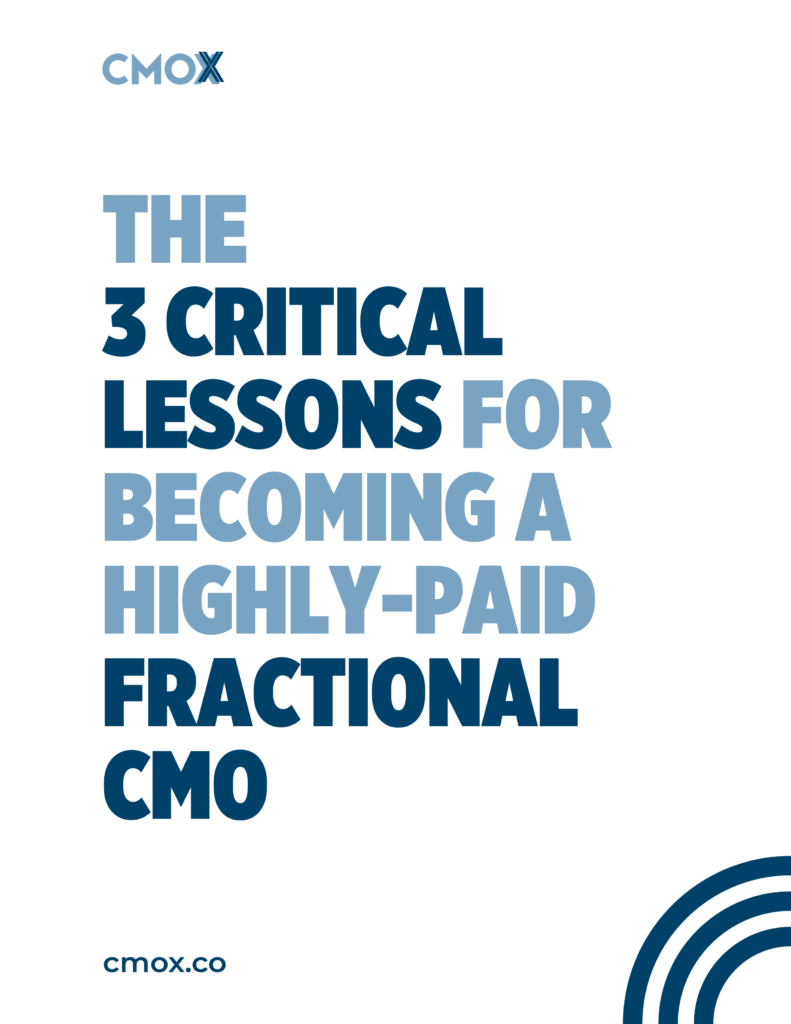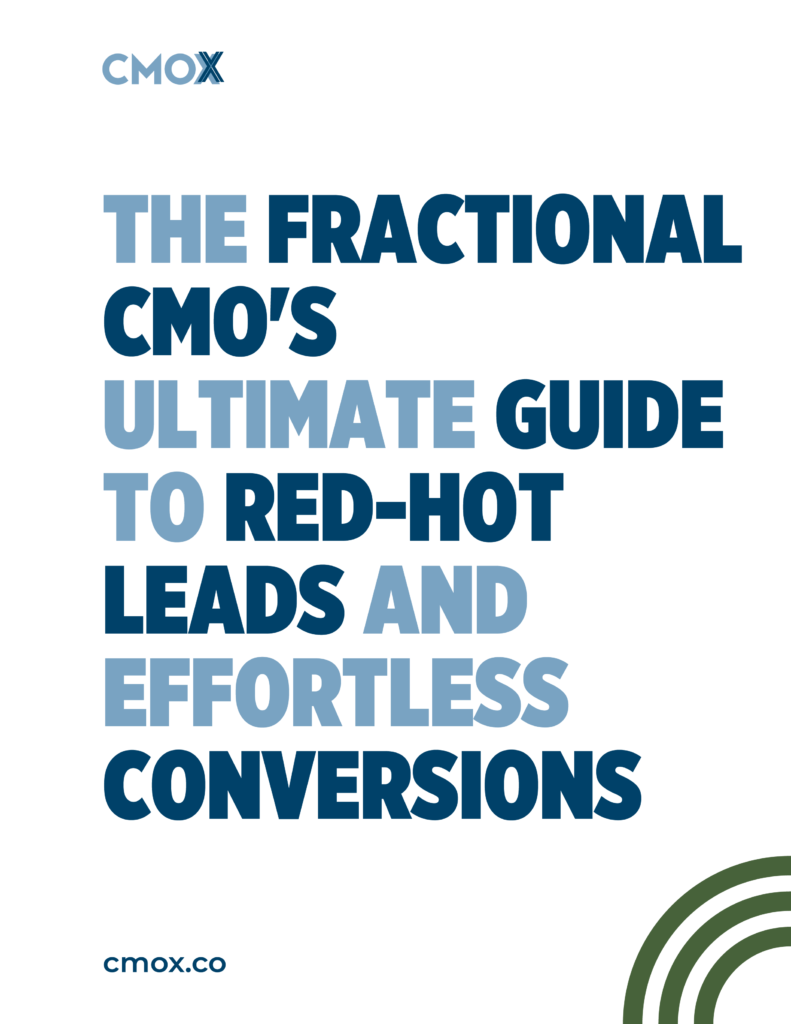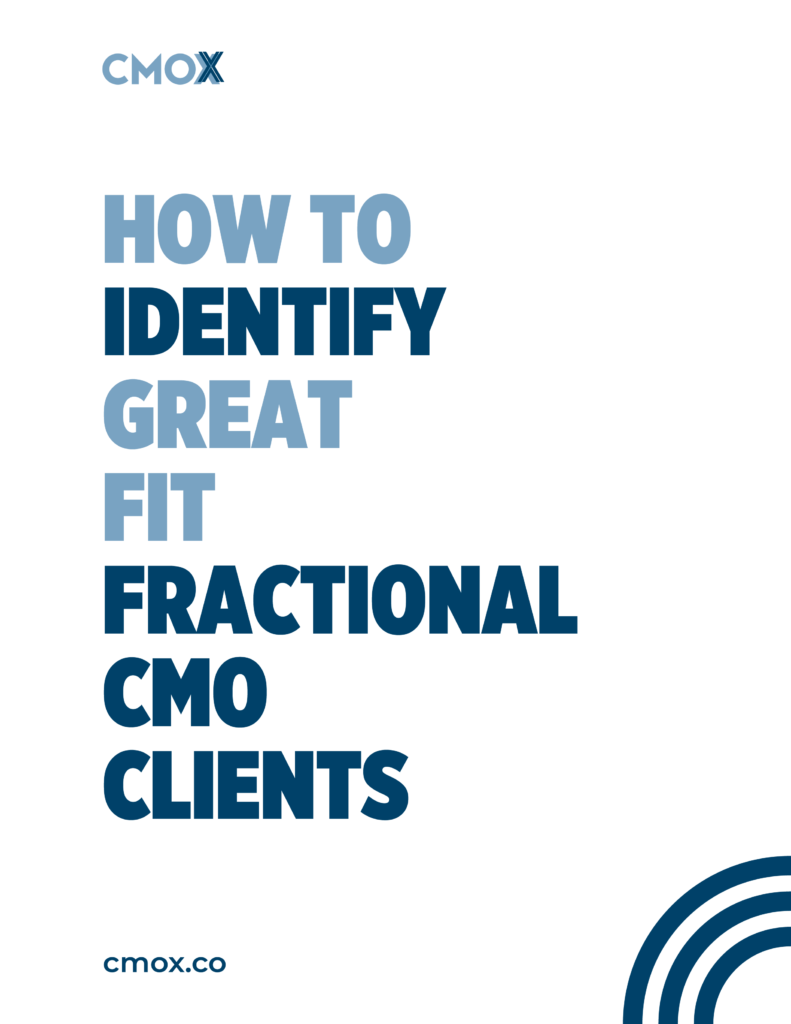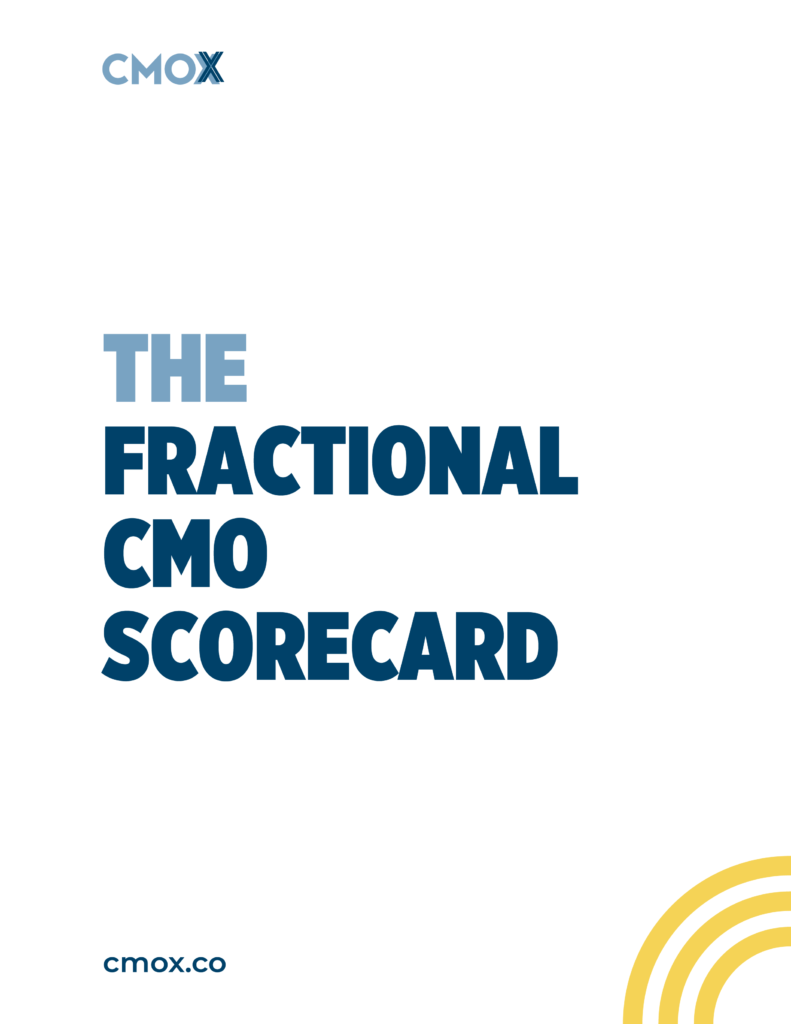When it comes to senior executives, only the most skilled and knowledgeable candidates will do. In these cases, contingency recruitment—advertising an open position to attract candidates and waiting for applications—simply won’t do. The most talented leaders are rarely looking for a job, so companies looking for such candidates must go to them through an executive search process. As such, understanding what executive search is and the strategy for implementing it is integral to your success in finding the best senior-level candidate for your business.
Executive search firms use their connections and industry knowledge to find and attract the right candidates for these positions. In fact, if your organization is growing or expanding its leadership roles, it’s a good idea to cultivate a long-term partnership with an effective executive search firm.
At CMOx, we know what exceptional leadership looks like—and we have the connections to bring those leaders to you. If your organization wants the best possible executive candidates, CMOx is the executive search firm for you.
Executive Search Meaning
Executive search is the process of recruiting leadership and senior level positions in a given business. This strategy is a more active recruitment process as firms reach out to potential senior-level candidates rather than waiting on applications.
Simply put, executive search is a recruitment method focused on proactively finding the best candidates to fill an organization’s leadership roles. Rather than waiting for applicants to find the open position, executive search firms identify qualified candidates and reach out to them privately. This method is usually used to fill executive, c-suite, and director-level positions.
What an Executive Search Firm Does
Executive search firms, like CMOx, develop close working relationships with their clients to develop a deeper understanding of their leadership needs. They’ll then conduct extensive market research to build a pool of executive candidates, narrowing that pool down into a shortlist, which they’ll hand off to you.
However, the partnership doesn’t end there. These firms will not only help you find candidates, they’ll provide advice for the hiring process and methods for onboarding and acclimating new leaders.
Executive Search Strategy vs Recruitment
The main difference between recruitment and executive search is the positions being filled. Recruiters and recruiting agencies aim to fill lower level positions in the company, such as associates, managers, and supervisors. They evaluate applicants and come up with a stack of resumès that meet most of the job’s requirements. Each chosen applicant then goes through an interview process.
Executive search consultants fill executive positions and leadership roles within an organization—and they don’t wait for people to apply. Instead, they focus on finding the best person for the job, and reaching out to them proactively.
How Executive Search Works
When you have an open leadership position in your organization, an executive search firm will help you fill that position by finding and contacting qualified candidates. They’ll then give you a shortlist of interested candidates and support the interview and onboarding process. Some firms even check in with you regularly to determine whether your new team member is acclimating well.
Depending on your industry, you may want to partner with a firm that specializes in a particular area or position. For example, if you’re looking for a Chief Marketing Officer (CMO) for your tech development company, it’s essential that candidates understand the latest technology, how it’s being marketed, and who’s using it. An executive search firm specializing in either marketing or tech will be able to anticipate your needs and locate better candidates.
Additionally, partnerships with executive search firms give organizations a competitive edge. They can not only help you recruit executive-level talent, but also make onboarding go more smoothly—meaning your new hire will be primed and ready to lead within your organization that much sooner.
Basic Rundown of the Executive Search Process
The executive search process begins with a strong relationship with an experienced and skilled executive search firm. While companies can perform executive searches independently, partnering with a consulting firm saves you time and often yields better candidates because executive search consultants can use their connections to find them.
Once you’ve partnered with a firm, they’ll follow these steps to locate the right candidates:
- Create search priorities—determine what role you need to fill, including the skills and experience the person must have.
- Develop a search strategy—locate and create a list of the most qualified candidates with a targeted search.
- Approach and evaluate candidates—contact each candidate to evaluate their knowledge, abilities, and interest in the role to narrow down candidate options.
- Send the shortlist to the client for review—compile a list of the most qualified candidates and recommend them for interviews with the company.
- Finalize the search—help the company screen and onboard their chosen candidate, and check in regularly to track their progress within the organization.
Positions Executive Search Can Fill
Executive search firms can locate and recruit candidates for a number of c-suite and leadership roles, including:
- Chief marketing officer (CMO)
- Chief financial officer (CFO)
- Chief information officer (CIO)
- Chief data officer (CDO)
- Chief diversity and inclusion officer (CDIO)
- Chief operations officer (COO)
- Human resources director (HRD)
This list is not exhaustive, and executive consultants can also help fill strategically important roles unique to your business or industry.
Retained vs Contingent Search
Retained executive search involves working with an executive search firm to identify and select candidates for leadership positions within your organization. These candidates may have applied to the position, the firm may reach out to them proactively to talk to them about the position. In both cases, the idea is to get the best candidate into the position.
Contingent recruiting, on the other hand, usually involves evaluating applications for positions lower in the company. A recruiting agency might assess applications and resumes to create a pool of qualified candidates and hand them off to the company’s hiring manager. It’s then up to the company to choose who to interview and hire.
Businesses Which May Benefit from Executive Search Recruitment
Any business of any size can benefit from executive search recruitment. As long as your company has open executive or c-suite positions, an executive search recruitment firm can help you. When it comes to filling higher-level positions, it’s not about the size of your company or the industry you’re in—it’s about bringing in the right people to lead your teams, drive growth, and foster your success.
Summary of What Executive Search Means
Executive search is the process of locating, selecting, and recruiting the most qualified candidates for executive and c-suite positions in a company or organization. Unlike the contingency recruiting utilized for lower-level positions, executive search proactively seeks out the best candidates—whether they’ve applied to the position or not.
Once candidates have been identified, the next step is to show them the advantages of becoming part of your team. That may include a pay raise, title advancement, increase in benefits and bonuses, or various company perks. This process allows you to build a strong, experienced executive team.
The best part of executive search is that we’ll do it for you. At CMOx, we have an innate understanding for what makes an exceptional executive, and we’ll use that knowledge to find the best candidates for your company. Contact us today to learn more.


